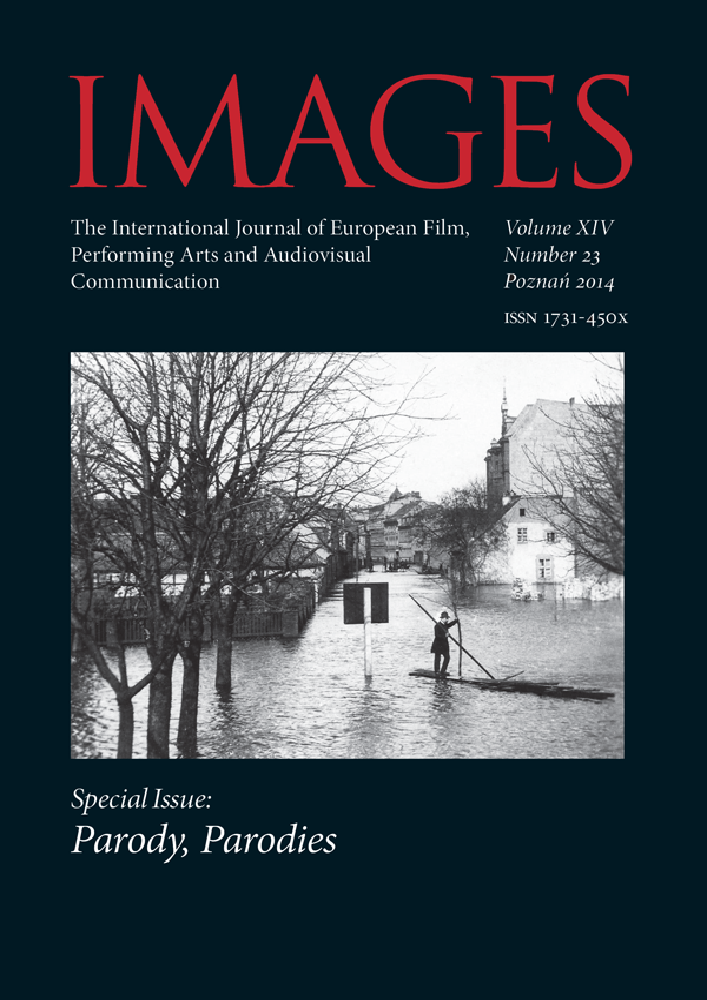Abstrakt
The text refers to the films of black series of Polish document and arising at the same time (1956–1957) etudes of students of the Lodz Film School, dedicated to social issues. Analysis of individual works led to several observation. First, the etudes, like movies of black series, reflecting the social movement of 1956, but their subject matter turned out to be partly different. Appeared in them, for example, political threads. Secondly, the etudes showed many similarities to the professional implementation of the WFD, but only films of Hoffman and Skórzewski can pass as a source of inspiration for students. More frequently students ideas appeared in the improved form in the films of young professionals. Thirdly, the weaker school productions were bolder.
Bibliografia
A. Osiecka, Nazwijmy to: „Wiosna polskiego filmu”, „Sztandar Młodych” 1957, 31 marca, nr 76, s. 3.
K. Karabasz, Bez fikcji. Z notatek filmowego dokumentalisty, Wydawnictwa Artystyczne i Filmowe, Warszawa 1985, s. 19.
M. Jazdon, Kino dokumentalne Kazimierza Karabasza, Wydawnictwo Naukowe UAM, Poznań 2009
M. Fiejdasz, „Czarna seria” w polskim filmie dokumentalnym, „Kwartalnik Filmowy” nr 23, 1998, s. 43.
J. Preizner, PRL w obiektywie studentów łódzkiej Filmówki w latach 1949–1960, Wydawnictwo Rabid, Kraków 2007, s. 334–353.
T. Lubelski, Legenda Morza Sargassa, w: Październik 1956 w literaturze i filmie, red. M. Zawodniak i P. Zwierzchowski, Wydawnictwo UKW, Bydgoszcz 2010, s. 199–211.
Licencja
Copyright
© 2014 Uniwersytet im. Adama Mickiewicza w Poznaniu
OPEN ACCESS
